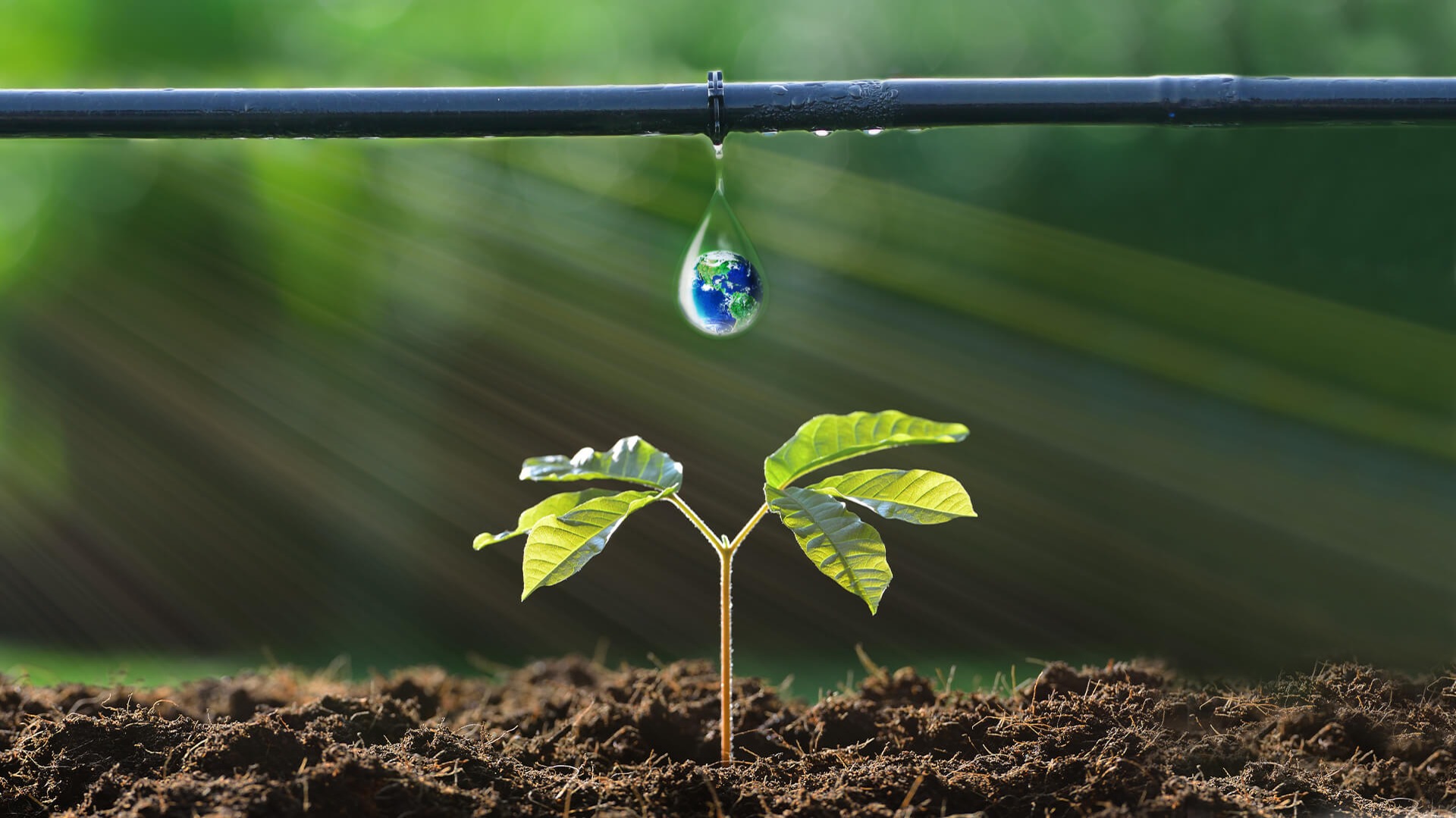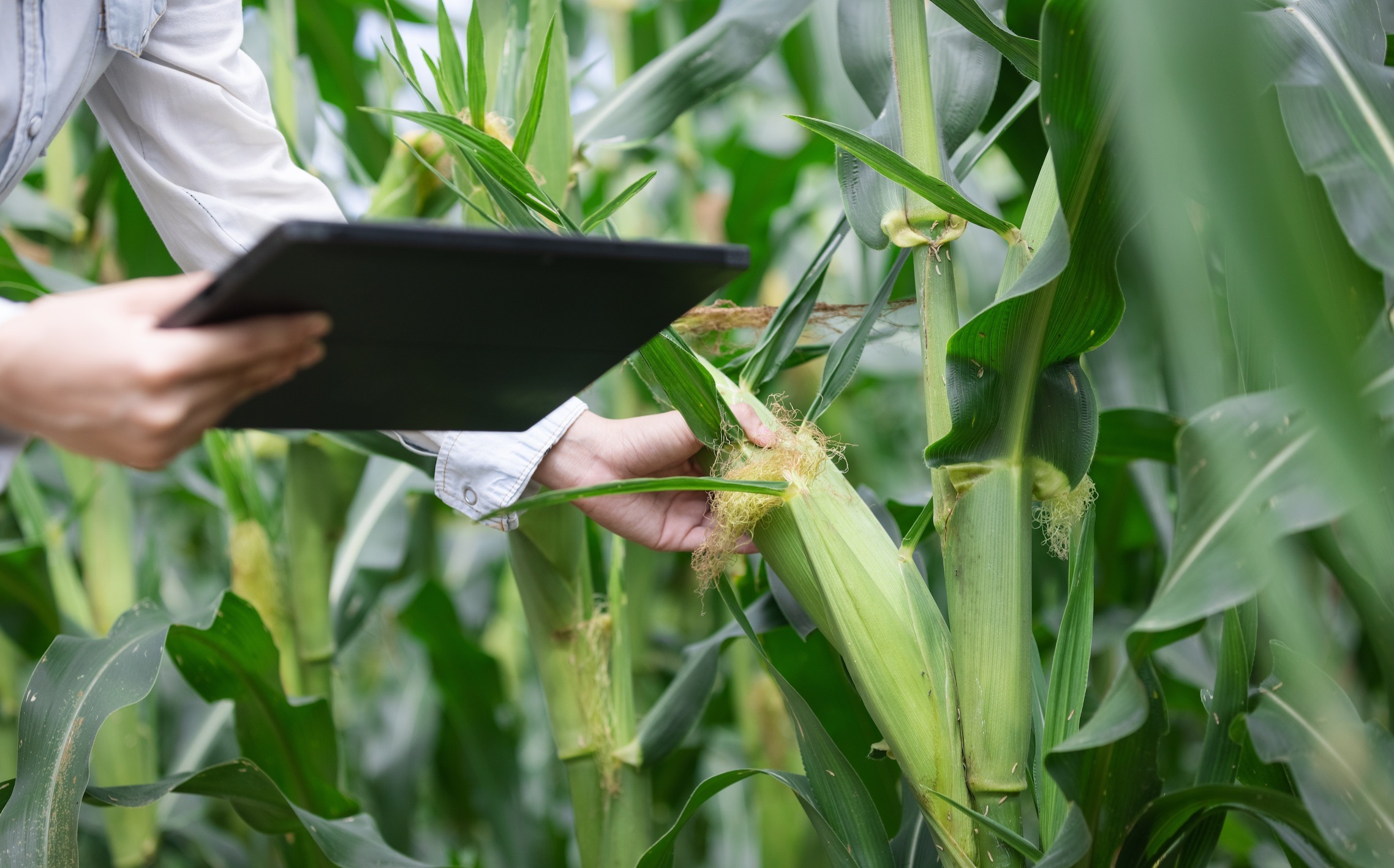We use cookie to improve your experience on our site. By using our site you consent cookies. Learn more
Natural fertilizers are among the cornerstones of sustainable agriculture. Unlike chemical fertilizers that can harm the soil and environment over time, organic and natural fertilizers help preserve soil health and support productivity. Maintaining and improving soil quality is essential for long-term agricultural success.
What is Natural Fertilizer?
Natural fertilizer refers to materials derived from natural sources such as animal manure, compost, and green manure, without chemical processing. These substances enrich the soil’s organic matter, support microbial activity, improve water retention, and promote healthy root development.
Effects on Soil Quality
-
Improved Soil Structure: Enhances soil aeration and water permeability.
-
Balanced pH: Prevents soil from becoming too acidic or alkaline.
-
Increased Microbial Activity: Encourages beneficial microbial life in the soil.
-
Nutrient Balance: Naturally provides essential nutrients like nitrogen, phosphorus, and potassium.
Long-Term Advantages
Unlike chemical fertilizers, natural fertilizers do not degrade soil over time. They reduce erosion risk, support biodiversity, and pose no environmental threats. Additionally, they contribute to growing healthier crops that are more appealing to consumers.
Application Methods
Natural fertilizers are usually mixed into the soil before planting or applied through irrigation. With proper and regular application, yields can be improved while maintaining environmental sustainability.




